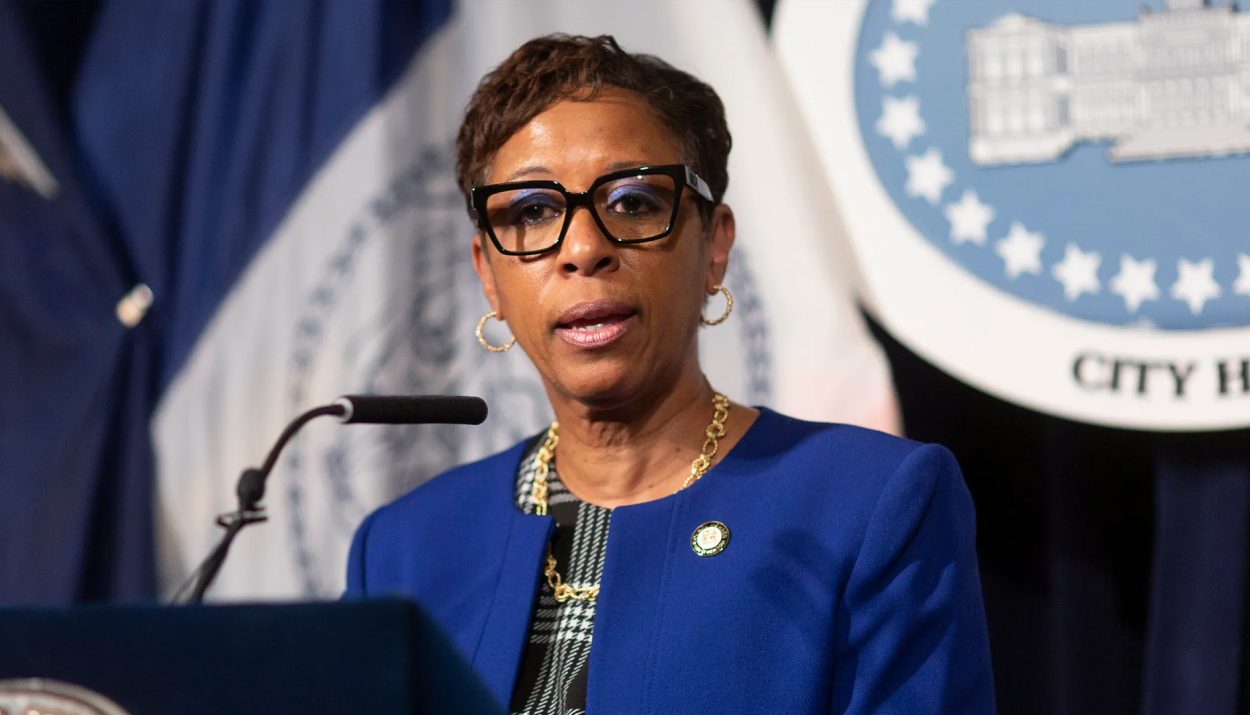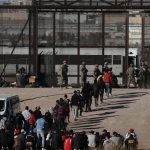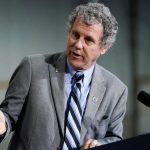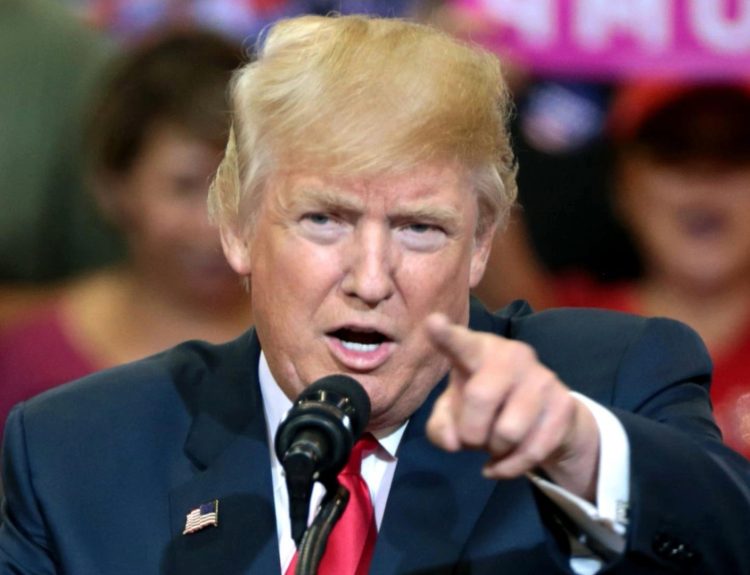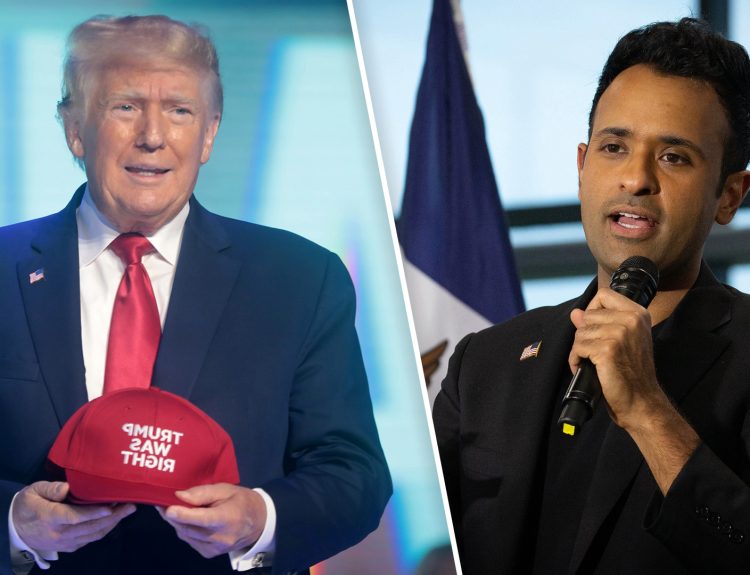The fight for non-citizen voting rights in New York City rages as the City Council appeals to a court decision to strike down a new law. Despite pushback from conservative opponents, the council stands firm in its bid to expand access to the polls.
With over 800,000 potential new voters in the mix, this case carries major implications for the city’s political landscape. Though the law faces continued legal challenges, advocates chant ‘Our city, our vote’ in optimistic displays outside City Hall.
NYC Council Appeals Ruling Against Non-Citizen Voting Law
On Monday, the council filed an appeal with the state’s highest court, arguing again that allowing non-citizens to vote in local elections would strengthen democracy in the city.
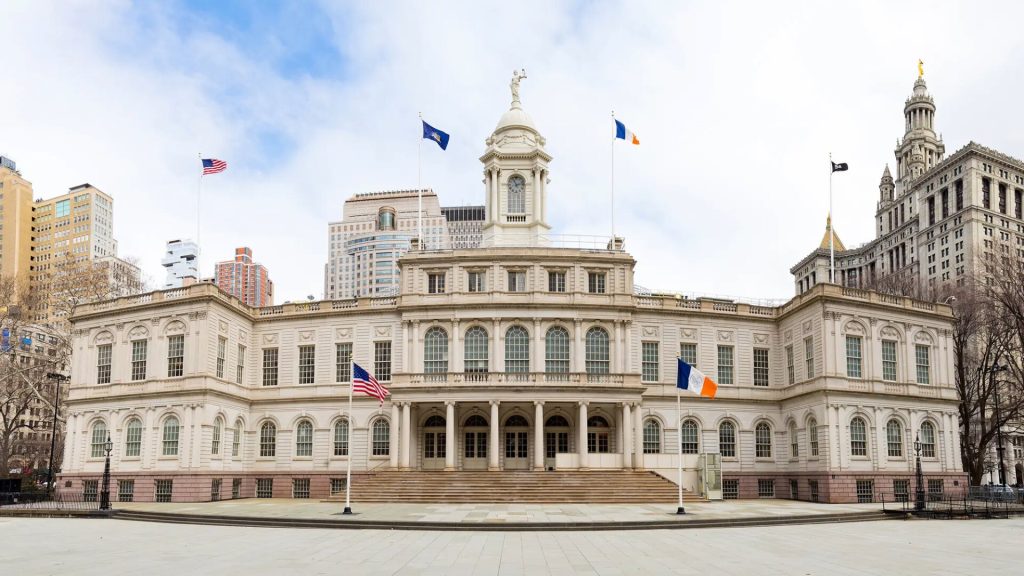
The council believes its law allowing green card holders and those with work permits to vote in mayoral and council races is consistent with the state constitution and election law.
Expanding Voting Rights
Proponents say the legislation would give nearly 800,000 tax-paying, law-abiding non-citizens a say in who governs them.
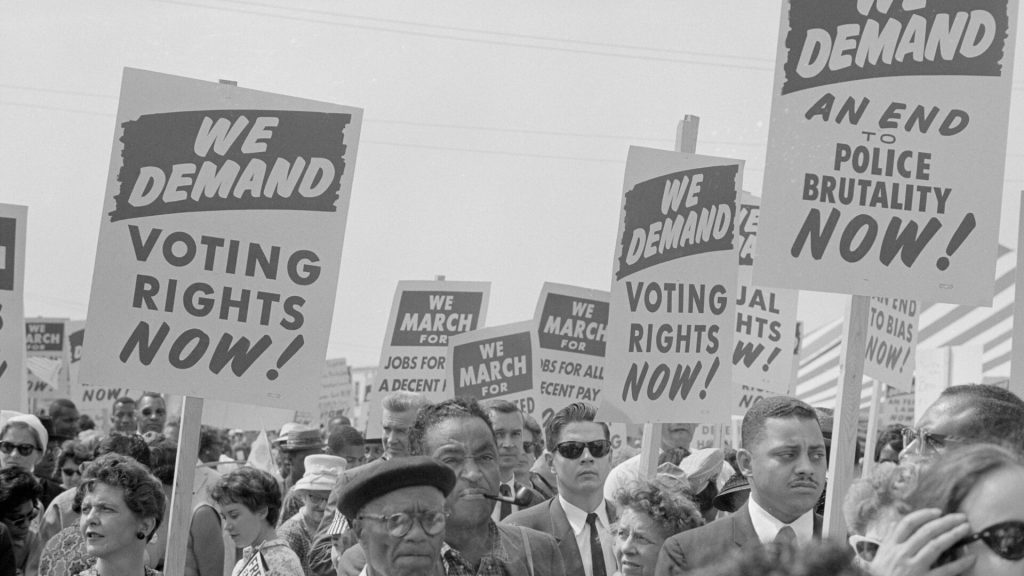
“So many of our residents have been paying taxes and contributing to this community, yet they have no say. That ain’t right,” said council member Alexa Avilés.
Protecting the Integrity of Elections
Opponents counter that voting is a right and responsibility unique to citizenship. Allowing non-citizens to vote could compromise the integrity of elections and diminish citizens’ voices.
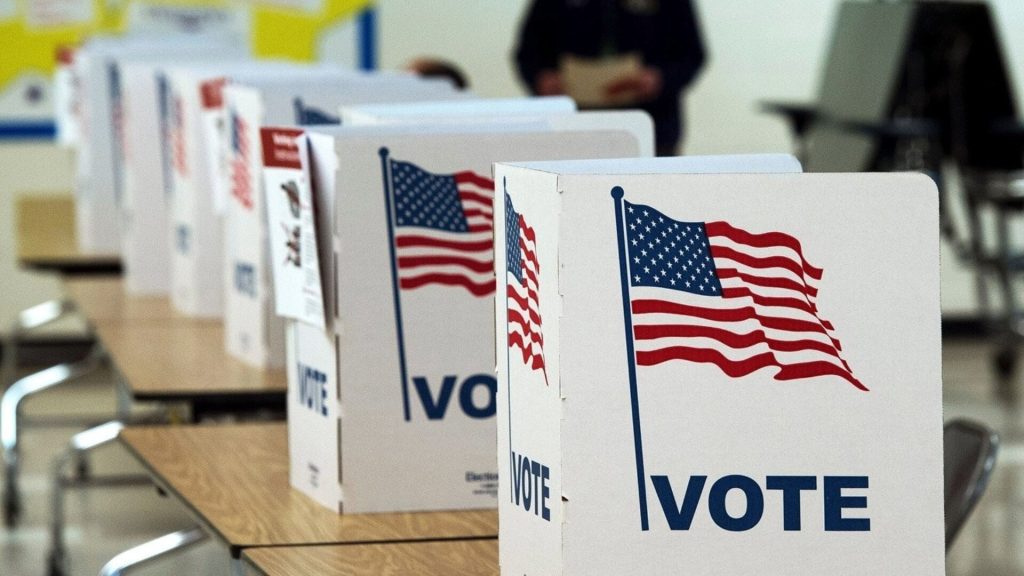
“There is nothing more important than preserving the integrity of our election system,” said Congresswoman Nicole Malliotakis, “and this unconstitutional law that has been struck down in two consecutive wins only diminished the voices of our citizenry.”
What the NYC Non-Citizen Voting Law Would Have Allowed
The legislation sought to enfranchise nearly 1 million immigrant New Yorkers, allowing them to vote in municipal elections.
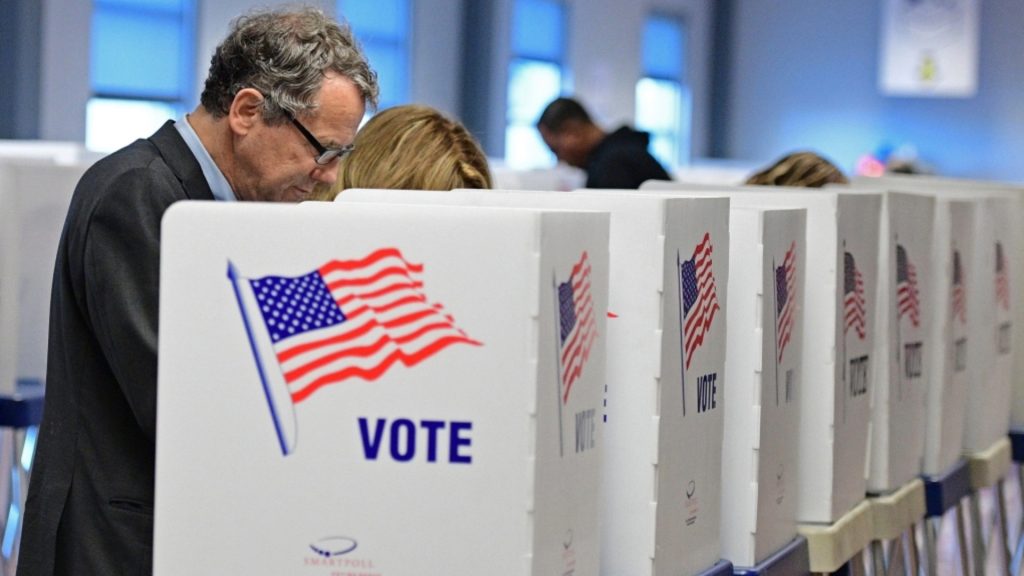
Since they live and work in the city, proponents argued they deserved a say in who governs them locally. The law would have given a voice to those contributing to the city’s economy and culture.
Non-Citizens Allowed Voting Only in Local Elections
The law granted voting rights only in New York City elections, not state or federal ones. Eligible voters could have cast ballots for mayor, city council members, borough presidents, and other municipal officers.
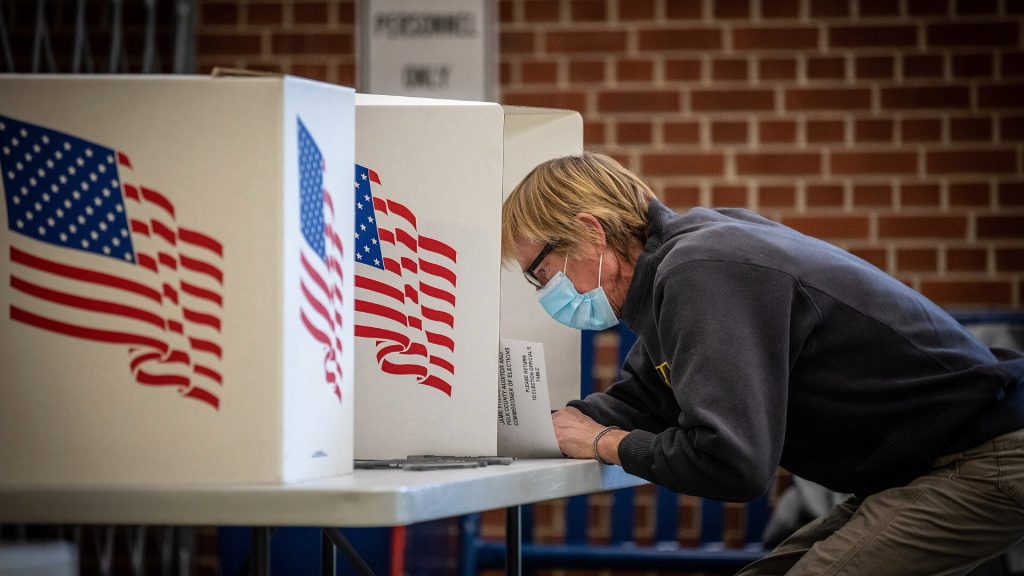
They still would not have been able to vote for governor, members of Congress, or the president. Supporters said this ensured the law complied with the state constitution.
Stringent Requirements For Non-Citizens To Vote
Not just any immigrant could have voted under the law. Only those with lawful status, such as green card holders or those with work authorizations, would have been eligible.
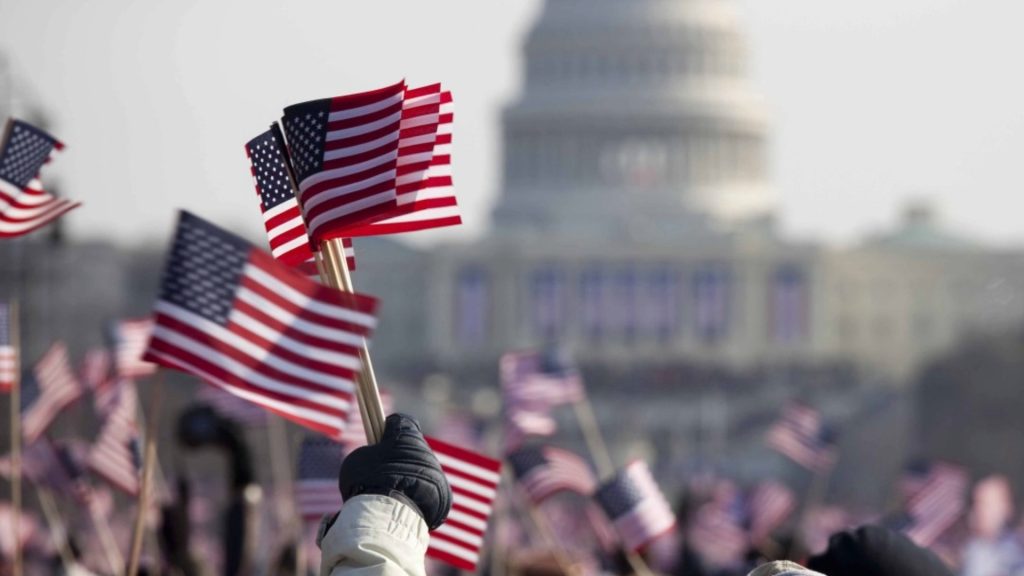
Undocumented immigrants would have remained unable to vote. Applicants also would have to meet standard voter requirements, such as being at least 18 and a city resident for 30 days.
A Victory for Representation
For proponents, the law was a win for democracy and justice. Excluding tax-paying, lawful immigrants from voting diminish their dignity and denies them equal representation, they argued.

Granting them the franchise affirms their humanity and membership in the community. Opponents counter that voting is a right reserved solely for citizens in a democracy.
Who Supported the Non-Citizen Voting Legislation
The council believes allowing lawful permanent residents and those with work authorization to vote in municipal elections would boost civic participation and engagement.
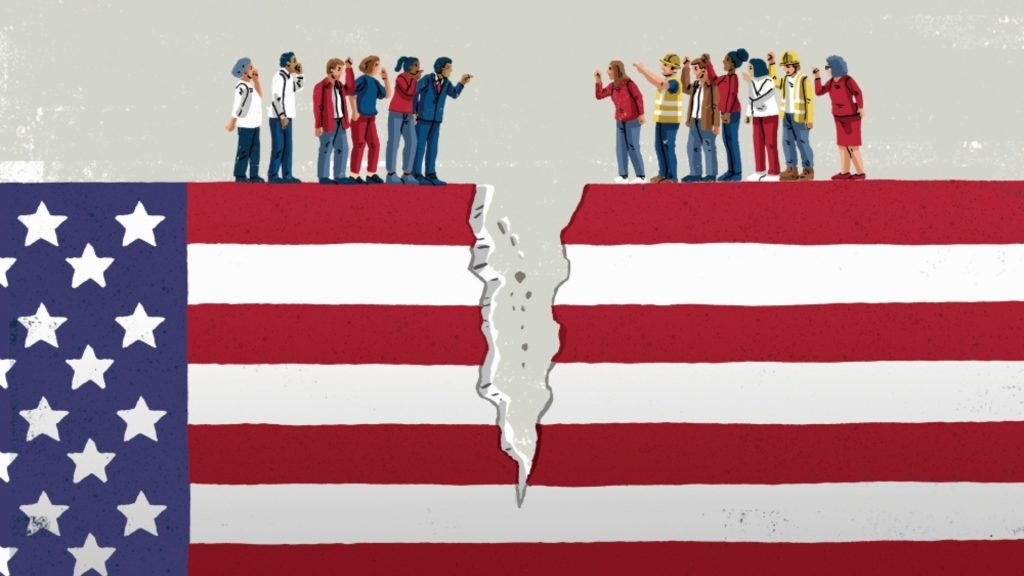
“Empowering New Yorkers to participate in our local democratic process can only strengthen New York City by increasing civic engagement,” said council spokesperson Rendy Desamours.
Immigrant Rights Groups Rally Behind The City Council
Several immigrant rights groups rallied behind the City Council to support Local Law 11. The New York Immigration Coalition organized a demonstration outside City Hall, chanting “our city, our vote” as the deadline to appeal the legislation arrived.
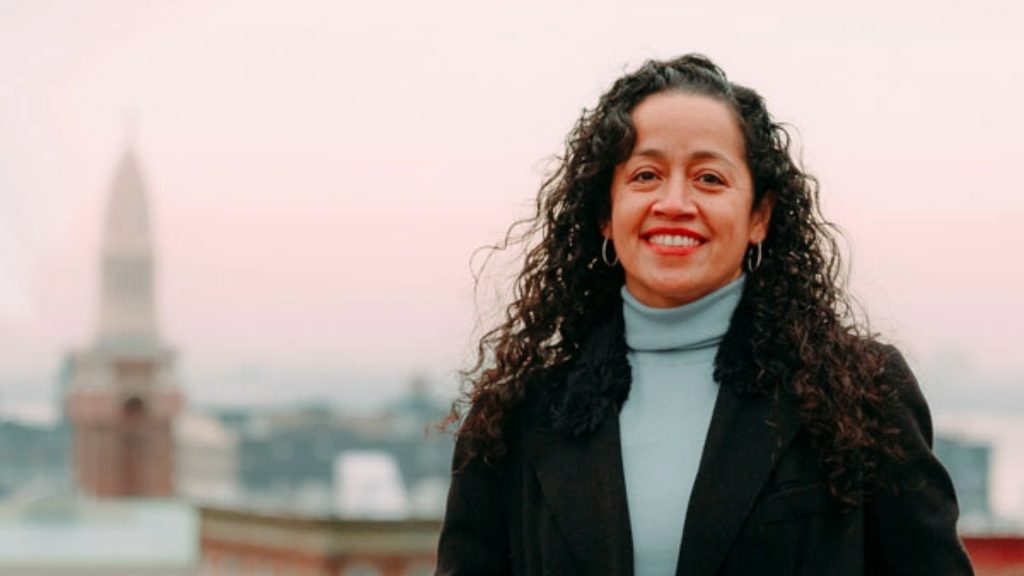
Alexa Avilés, the chair of the council’s immigration committee, argued that granting voting rights to non-citizens would expand voting rights rather than diminish citizens’ votes.
Opposition to the Law From GOP Officials
Republican officials in New York have strongly opposed the legislation granting non-citizens the right to vote in municipal elections.
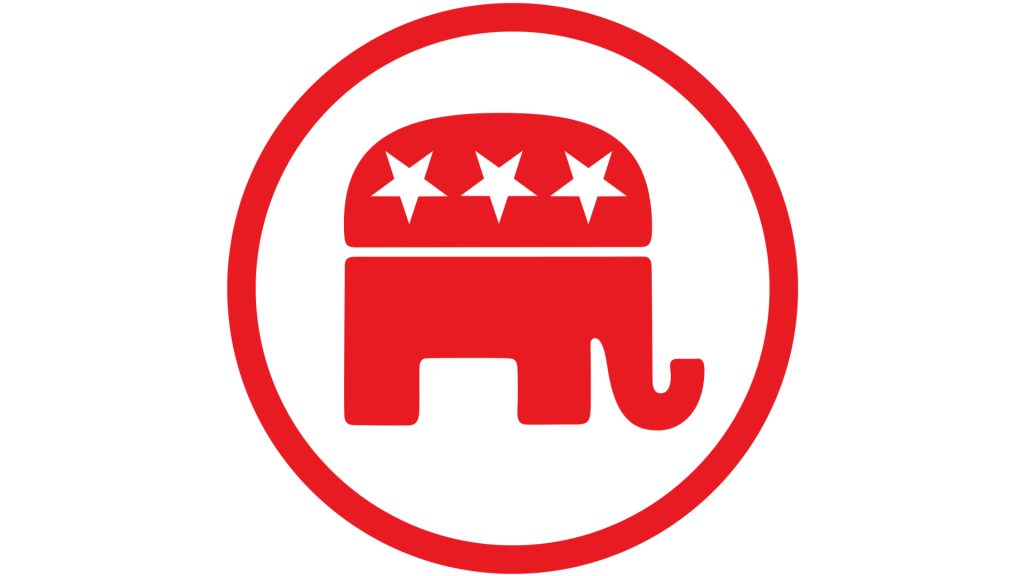
They argue that voting is a sacred privilege reserved solely for American citizens under the U.S. Constitution.
Staten Island Republicans Challenge the Law
Vito Fossella, Joe Borelli, and Nicole Malliotakis, all Republican elected officials representing Staten Island, challenged Local Law 11 in court.
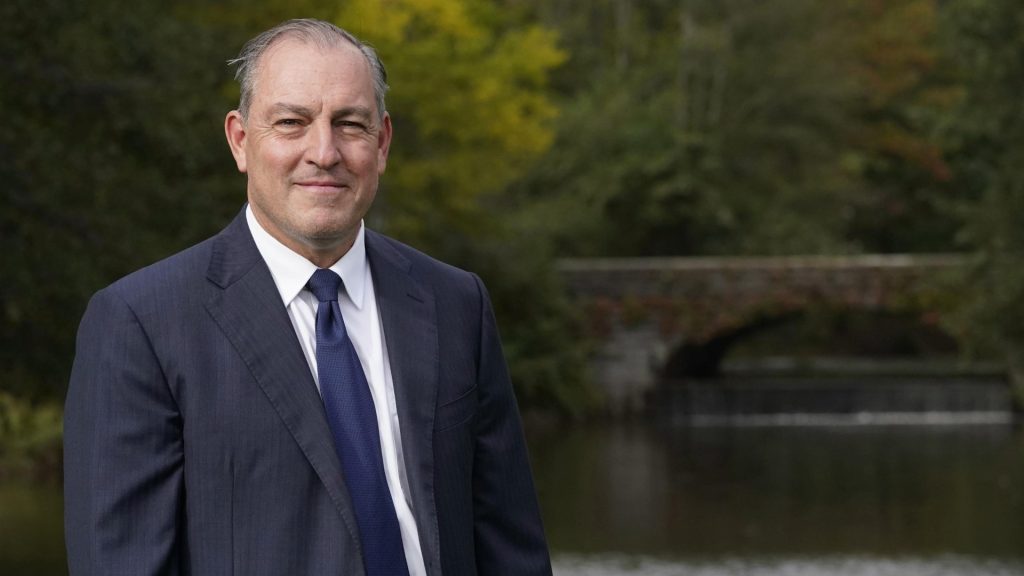
They believe allowing non-citizens to vote diminishes citizens’ voices and undermines elections’ integrity. Malliotakis, who also serves in Congress, slammed the City Council’s appeal, saying, “There is nothing more important than preserving the integrity of our election system.”
Mayor’s Support for the Legislation Unclear
While Mayor Eric Adams’ administration defended Local Law 11 in the lower court, it’s unclear if city attorneys will join the appeal to the state’s highest court.
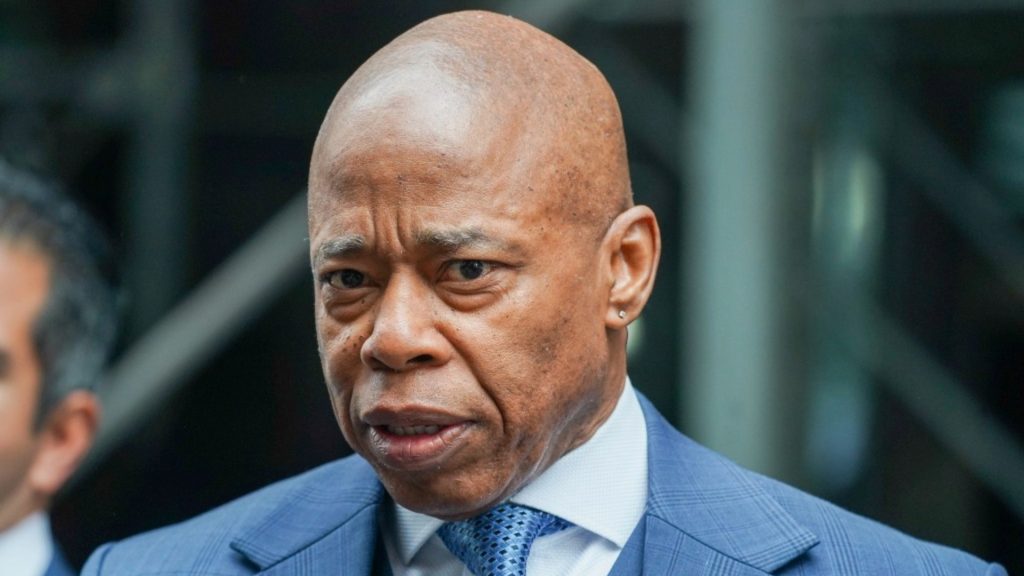
If the Court of Appeals upholds the ruling against the legislation, Mayor Adams and the City Council will have to determine whether to pursue further appeals or accept the decision.
Legal Arguments Against Non-Citizen Voting
The main legal argument against allowing non-citizens to vote in local elections is that it violates the New York State Constitution.

The constitution specifically states that “Every citizen shall be entitled to vote at every election for all officers elected by the people.”
Integrity of Elections at Stake
There are also concerns about maintaining the integrity of elections if non-citizens are allowed to vote. Some argue that it may be more difficult to verify the identities and eligibility of non-citizen voters, which could lead to voter fraud.
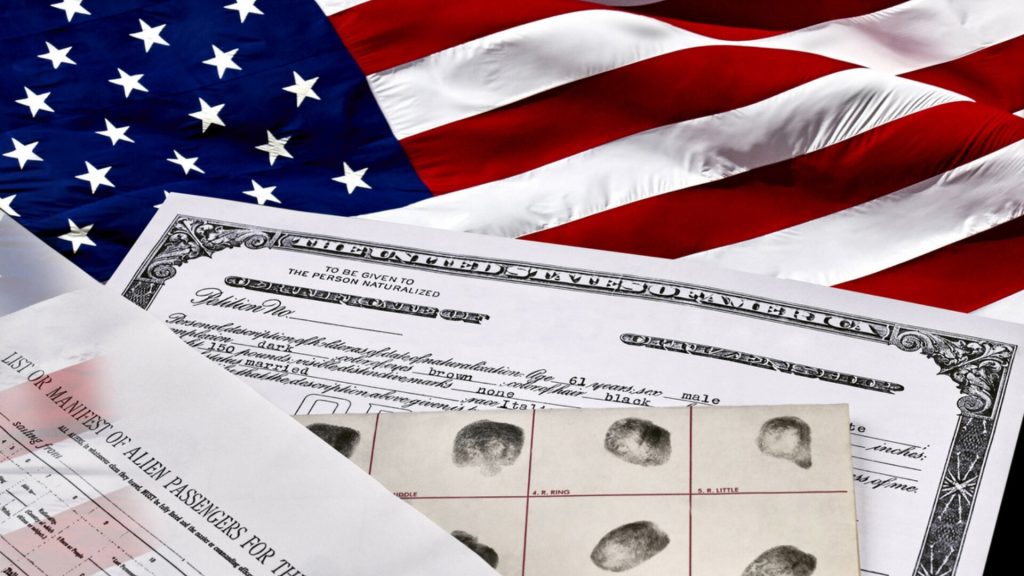
However, supporters counter that non-citizens would still need to meet the same registration and I.D. requirements as citizens to prevent fraud.

